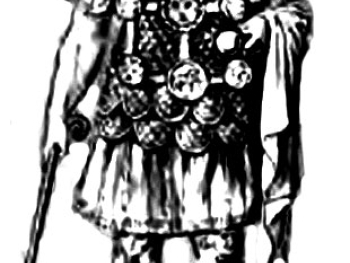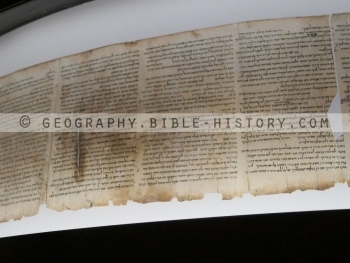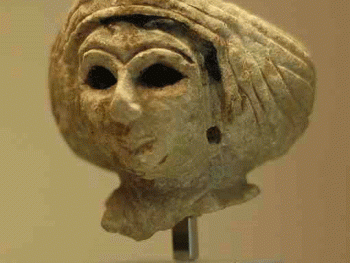The Hostile Plough was used by the Romans to utterly destroy a city by burying and removing it. When the Romans were brought to wrath it was customary to drive a plough over the walls of a conquered city to signify that the ground on which it stood should be forever employed in agriculture.
Horace the Augustan poet wrote,
“From hence proud cities date their utter falls, When, insolent in ruin, o’er their walls, The wrathful soldier drags the hostile plough, that haughty mark of total overthrow.”
Regarding the Destruction of Jerusalem by the Romans in 70 AD Clarke wrote, “Thus did the Romans treat Jerusalem when it was taken by Titus. Turnus Rufus, or as he is called by St. Jerome, Titus Arinius Rufus, or Terentius Rufus, according to Josephus, caused a plough to be drawn over all the courts of the temple to signify that it should never be rebuilt, and the place only serve for agricultural purposes.”
The prophet Micah said, “Therefore Zion for your sake will be plowed like a field, and Jerusalem will become heaps of rubble.”
Micah 3:12
During Jesus’ last days in Jerusalem he said to his disciples, “do you see these great buildings? There will not be left here one stone on top of another, which will not be thrown down.”
Mark 13:2
Source:











